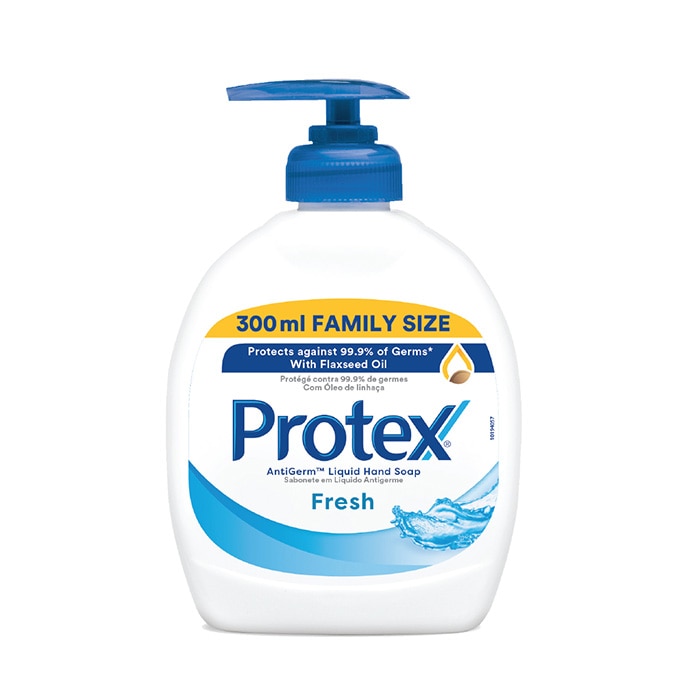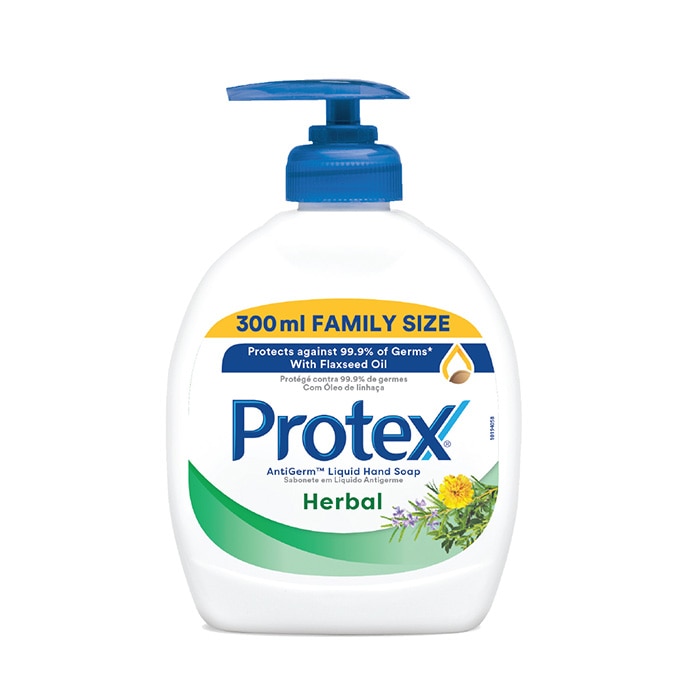Children learn and discover the world through play. Exploring is fun, but sometimes things get messy. That’s why it's important to teach your children about the importance of washing their hands properly. With the help of Protex hygiene soap, you can help protect your whole family against 99.9% of germs*. And clean hands mean more time to do the things that really matter. Here’s more information and tips on how to instill this hygiene habit in your family.
*Handwashing study vs. E-coli
Why Hand Hygiene Is important
Germs are commonly spread through touch. Hand washing is the best way to help prevent the spread of germs and to protect your family against illnesses like the common cold and flu as well reduce the risk of Covid-19. Keep your family healthy with the new Protex bar soap now with Flaxseed Oil. It boosts skin’s anti-germ defences by 10X more**.
**vs. Manufacturer’s own soap after 2 weeks, washing twice daily
How To Wash Your Hands Properly
Show your children how to wash their hands properly by doing it with them. You can even create a catchy tune that everyone can sing along to while scrubbing the germs away. Here are 5 simple steps to ensure proper hand washing and clean little hands:
Wet your hands with clean water (it can be warm or cold).
Use soap to lather the back of your hands, between your fingers, under nails and even the wrists.
Scrub your hands for at least 20 seconds. This is also the perfect time to sing your catchy tune.
Rinse your hands clean.
Dry your hands using a clean towel or simply air dry them.
When Should You Wash Your Hands?
Keep little (and big) hands clean by reminding your family to wash their hands regularly. Let them know that it’s especially important:
Before and after eating
Before and after visiting or helping take care of a sick friend or relative
After helping mom and dad clean the house
After using the toilet
After blowing your nose, sneezing, or coughing
After playing with your toys
After touching animals















